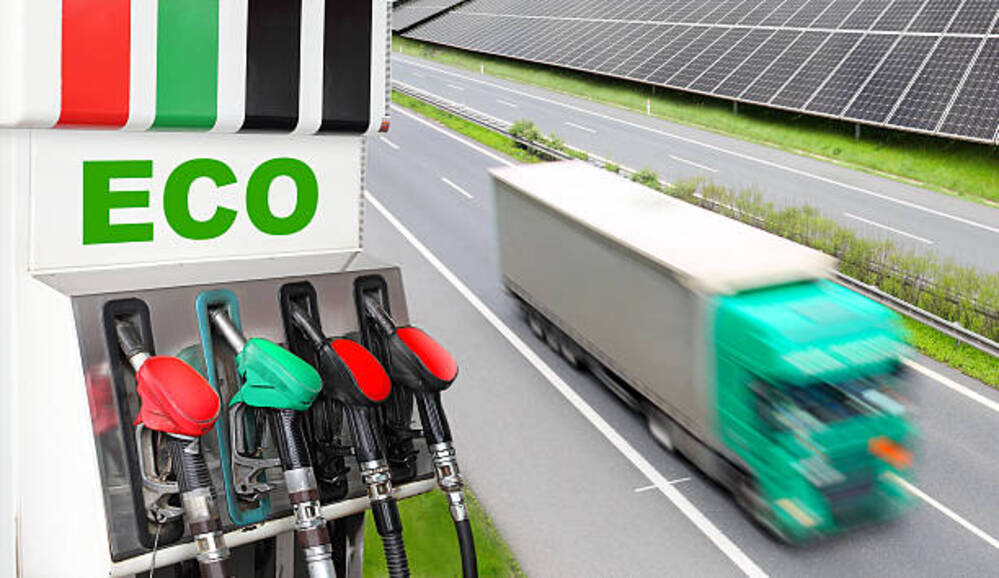Phillips 66’s Rodeo Renewed biofuels project promises to transform the oldest refining town in the American West, where the oil giant will replace crude oil processing with a massive renewable diesel plant.
This initiative is part of a global trend that includes plans for dozens of new U.S. renewable diesel plants that are expected to triple production capacity by 2026.
The promise and challenges of renewable diesel
The Rodeo conversion could become a “model or cautionary tale” for other facilities worldwide, as it is an environmental impact test case for similar projects. However, doubts about the environmental benefits of this project have surfaced, and it remains unclear whether the refinery overhaul will reduce community pollution.
The proposed plant will necessitate an increase in marine and train traffic, which will increase emissions and spill risk. Furthermore, the conversion necessitates increasing natural gas consumption in order to produce the hydrogen required to produce the biofuel.
Conflicting estimates of pollution reduction
Conflicting estimates of pollution levels have also emerged between Phillips 66 and county regulators.
The company’s initial claim that it would reduce greenhouse gases by 50% has been challenged by the project’s environmental impact report, which shows a 1% reduction according to some calculation of emissions data.
The county report also estimated greenhouse gases by assuming emissions from the coker and four other units would remain unchanged, while including emissions from the expected increase in natural-gas use and projected transportation to the plant.
Skepticism from Rodeo residents and environmental experts
Phillips 66 representatives defended the project, saying it will make significant reductions in certain regulated pollutants and greenhouse gases when burning biofuel in vehicles. They also claim that renewable diesel is the cleanest-burning option for use in heavy-haul trucking, which is vital for the transport of goods by truck.
Despite this, some Rodeo residents worry that the overhaul could add to the area’s long history of local pollution, given the presence of a second oil refinery, a lead smelter, and a dynamite factory.
Rodeo Renewed as a test case for renewable diesel facilities globally
The biofuels project has become an experiment with uncertain environmental benefits, according to Maureen Brennan, a member of Rodeo’s air-monitoring committee.
Initially welcomed by residents weary of pollution and toxic leaks, the project has raised skepticism about the environmental benefits of renewable diesel as a green fuel.
The dynamics of the conversion, as well as other variables, call into question Phillips 66’s marketing of renewable diesel as a green fuel. According to independent environmental experts, it is impossible to predict how much pollution the refinery overhaul will reduce in the community.
In the face of such challenges, the Rodeo Renewed project may become a “model or cautionary tale” for similar projects worldwide.
As Europe and Asia see similar trends, the Rodeo conversion’s outcomes will be a test case for renewable diesel facilities globally. Nonetheless, some Rodeo residents are concerned that the renovation will add to the community’s long history of pollution.

